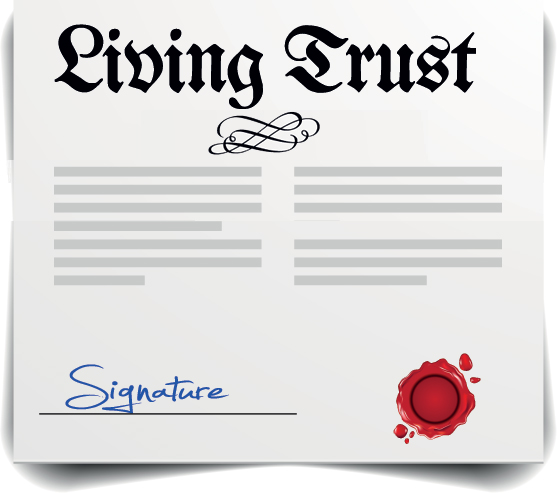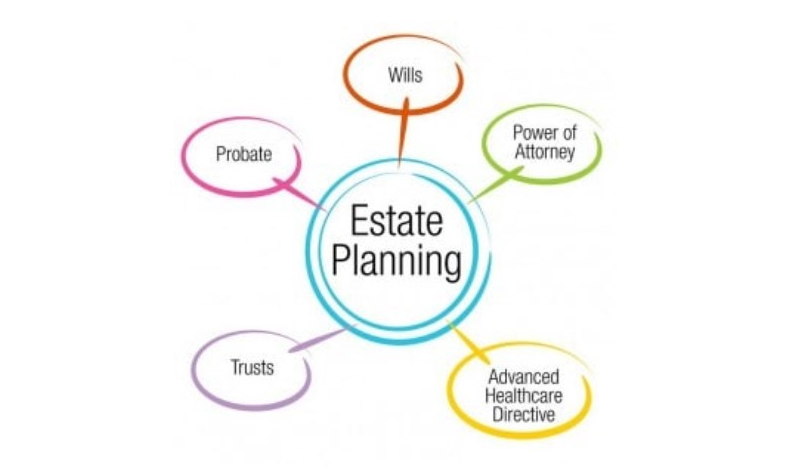
Establishing Your Trust: Step-by-Step
Your to-do list to establish your trust may sound like a lot of work. Steps don’t need to be rushed, be sure to cover all of the bases. ASSETS. MAKE A LIST. Think of this as an inventory of all of your “worldly goods;” these are things you want to pass on to others. You’ll […]
Read More




 Call Today: 215-364-1111
Call Today: 215-364-1111